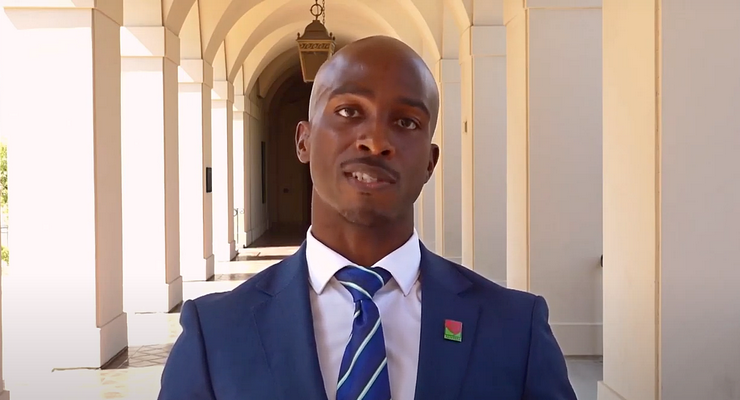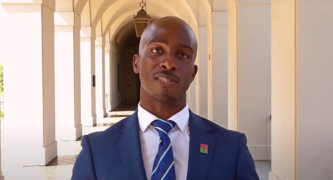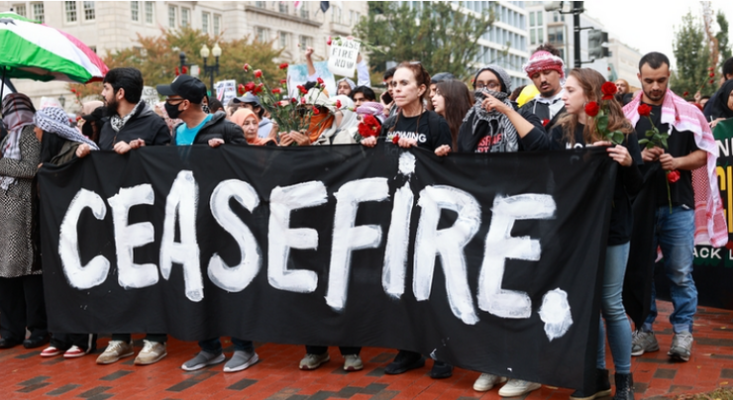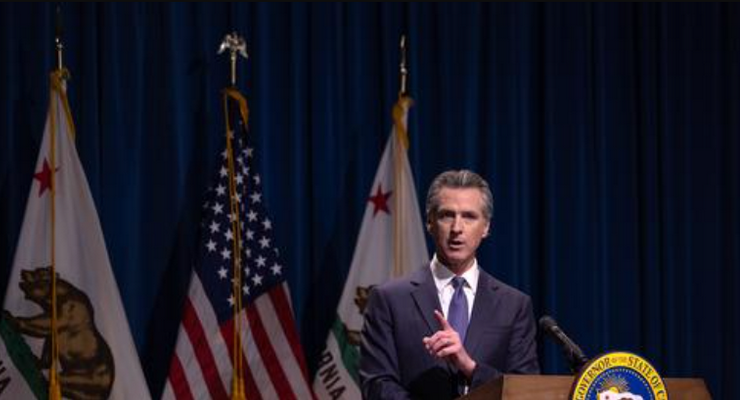
Two models for increased civilian oversight of the Pasadena Police Department will be on the City Council agenda on Monday, but one of them will be racing the clock.
A proposal by Vice Mayor Tyron Hampton that would amend the City Charter and create a nine-member Community Police Oversight Commission, as well as an independent police auditor – significantly, both with subpoena power – will get its first in-depth hash-out by council members on Monday after Hampton pushed for the city to go that route during last week’s council session.
Under the Hampton model, the proposed commission and auditor would operate outside the purview of the city manager, who also oversees the police. The auditor’s office also would have its own budget, separate from the city manager.
However, amending the City Charter requires voter approval, and the deadline to get proposals on the November ballot is this Friday, Aug. 7.
Monday is the council’s last regularly scheduled meeting before that deadline – and while the council could, in theory, hold another meeting before Friday, more than likely Monday represents the last chance for any police-oversight charter amendment to land on the ballot this November.
And realistically, such a charter-amendment proposal seems a long shot, at least in 2020.
“A charter amendment is a big deal,” Councilmember Margaret McAustin told Pasadena Now last week. “And usually we study these things and have a community task force or something before we put something on the ballot.”
Mayor Terry Tornek, meanwhile, said during last week’s council meeting, regarding a possible charter amendment, “I don’t think it will prevail’’ — at least not now.
However, Tornek said the charter-amendment suggestion merits more discussion, given that many of the more than 600 public comments – and counting — the council has received regarding civilian oversight have called for creating an oversight body with subpoena power. That’s the discussion that will take place Monday.
Under the Hampton proposal, the specific language of the ballot question would be: “Shall the measure amending the Pasadena City Charter by creating (a) a Community Police Oversight Commission; and (b) the City Council-appointed position of Independent Police Auditor be adopted?’’
Voters would be asked to choose “yes” or “no.’’
Specifics of the Hampton plans are lengthy and can be found in their entirety here.
But some highlights, according to a city staff report, include:
- The commission is proposed to be composed of nine members, with each councilmember nominating one member, and the mayor nominating one at-large member, with the commission having the following substantive functions related to the Police Department:
- The commission would review and make recommendations regarding the ongoing operations of the police department.
- It would receive community feedback and complaints and refer them for further review and/or referral by the independent police auditor.
- It would monitor items such as hiring, training, promotions, police uses of force, personnel complaints, and outcomes.
- It would provide input on policy recommendations prior to adoption.
- It would receive reports from the auditor regarding critical incidents, policies, and other matters.
- It would, through the auditor, make recommendations to the Chief of Police on subject matters that include, but are not limited to, pending and completed personnel investigations, which could include advising whether PPD employees acted within policy and/or the level of discipline, if warranted.
- It would have subpoena power (by individual commissioners) to accomplish the above.
Meanwhile, the auditor would be appointed by the City Council and receive its own budget. According to the city staff report, the auditor would, among other duties:
- Have unimpeded access to all PPD personnel complaints and investigations, for advisory, auditing, and reporting purposes, and, upon request, be permitted to observe deliberations of PPD command staff on personnel matters including, but not limited to, use of force reviews, administrative reviews, and internal affairs reviews.
- Review all categorical uses of force by PPD personnel to assess whether (1) the use of force should be referred for further investigation; and/or (2) the investigation into a use of force was complete, thorough, objective, and fair.
- Review investigations of personnel complaints of bias-based policing.
- Recommend changes and additions to PPD policies, procedures, and officer training.
- Issue public reports and give public presentations to the commission regarding PPD operations, to the extent permissible under applicable law;
- Provide recommendations to the Chief of Police relating to pending and completed personnel investigations (which could include advising whether PPD employees acted within policy and/or the level of discipline, if warranted), as well as progress in hiring, training, and promotions.
- Have subpoena power.
The other possible oversight model on Monday’s agenda is a non-charter-change plan co-authored by Tornek and Councilmember John J. Kennedy.
It also calls for a commission and an independent auditor – but both would fall under the city manager’s purview, and neither would have subpoena power.
Hampton has questioned the teeth of such a model, saying, “What in this do you believe is going to hold people accountable?’’ and, “This proposal falls very short of true changes.”
The Tornek/Hampton model would empanel 13 commission members appointed by the council and nominated as follows: one by each member of the council, including the mayor; one by the city manager; one by the chief of police; and three by community groups with specific qualifications.
According to a report from Tornek and Kennedy, the proposed new commission would “receive community feedback and complaints and refer them for further review; monitor and receive reports on hiring and training; monitor and publish statistics on uses of force, complaints and outcomes; provide input on policy recommendations prior to adoption; receive reports from the independent police auditor regarding critical incidents, policies, and other matters; and produce a publicly available annual report.’’
The plan also calls for an independent police auditor who would be appointed by City Manager Steve Mermell. Among that auditor’s duties would be to: “review investigations of all uses of deadly force and in-custody deaths to determine if the investigations were complete, thorough, objective, and fair;’’ and “review investigations of personnel complaints of bias-based policing.’’
Tornek has called the plan “a significant and positive step toward civilian police oversight,’’ and stressed, “This model is something that can be implemented by the council immediately.’’
The mayor also defended the teeth such a panel would have, even without official subpoena power.
“If this independent auditor is within the purview of the city manager’s office, all the information would be available to this independent auditor without the necessity of a subpoena power,’’ Tornek said. “The critical point here is … if the independent auditor is in the city manager’s office, that office will have access to all of the information that developed in an investigation.’’
Without facing a deadline, as is Hampton’s charter-amendment plan, the Tornek/Kennedy proposal is likely to get lots more discussion in the coming weeks, and perhaps undergo some tweaks before it comes to a vote. No vote is expected Monday.
McAustin, for instance, has called the Tornek/Kennedy plan’s framework a good starting point for increased civilian oversight of the PPD – but she questioned whether the council-heavy appointment process would make the panel too political.
“It’s inherently political if council members appoint,” McAustin said. “I think the idea is for regular folks [to] evaluate these things without the filter that we have by sitting on the council. This time, I think it’s important that community folks be on the board.”
Other council members — including Victor Gordo (Tornek’s opponent for mayor on the November ballot) and Steve Madison — have expressed skepticism about the plan as well. So police-oversight reform, if it comes at all, will be no easy ride.
Monday’s council meeting is scheduled to start at 2 p.m. It will be live streamed at www.pasadenamedia.org and at www.cityofpasadena.net/commissions/agendas.
— Additional reporting by André Coleman














 0 comments
0 comments


